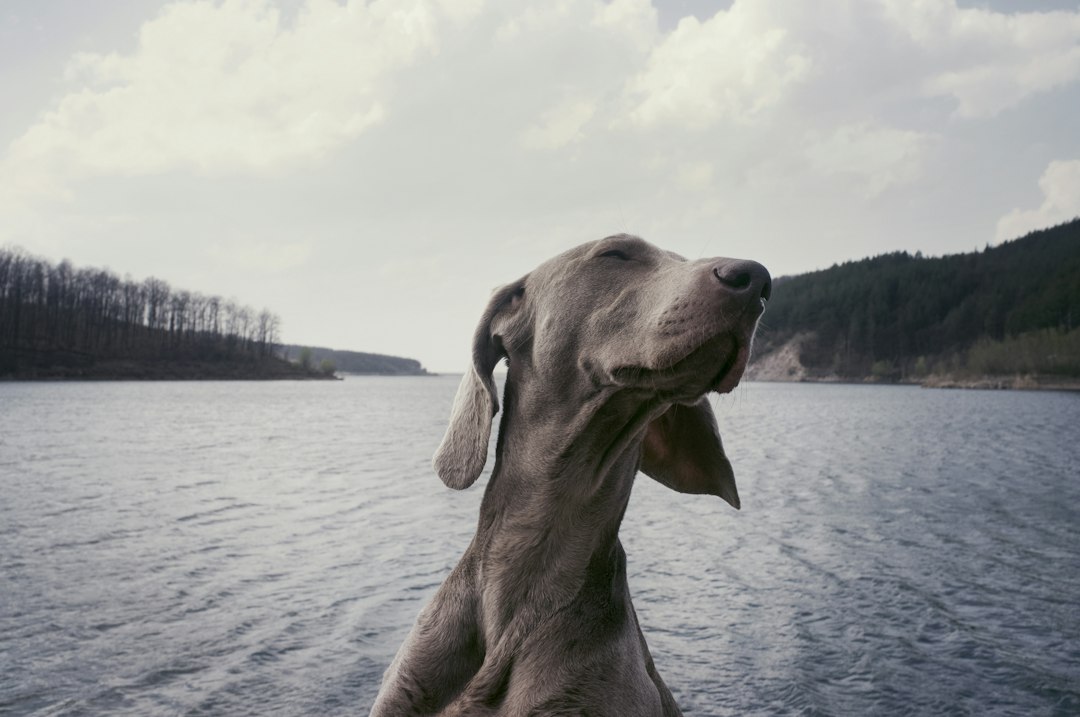Curious Canines: What Happens When a Dog Eats Catnip?

Catnip is a well-known herb that has a strong effect on cats. It is often used in toys and treats for cats, as it can induce a playful and euphoric response in them. However, many pet owners wonder if dogs can also enjoy the benefits of catnip. In this article, we will explore whether or not dogs can eat catnip and the potential risks and dangers associated with it.
Key Takeaways
- Catnip is a plant that is known to have a strong effect on cats, but many dog owners are unaware of its potential dangers.
- Catnip contains a chemical called nepetalactone that can cause cats to become hyperactive or sedated, depending on the individual cat’s reaction.
- Dogs can eat catnip, but it is not recommended as it can cause digestive upset and potentially toxic reactions.
- If a dog eats catnip, they may experience symptoms such as vomiting, diarrhea, and lethargy.
- It is important to keep catnip out of reach of dogs and to provide safe alternatives for dogs to play with, such as toys or treats.
What is Catnip and How Does it Affect Cats?
Catnip, also known as Nepeta cataria, is a member of the mint family and is native to Europe and Asia. It contains a chemical compound called nepetalactone, which is responsible for the unique reaction that cats have to catnip. When cats come into contact with catnip, whether by smelling or ingesting it, they often exhibit behaviors such as rolling, rubbing, purring, and jumping.
Nepetalactone acts as a stimulant for cats, triggering the release of certain chemicals in their brain that result in these behaviors. It is important to note that not all cats are affected by catnip. The sensitivity to catnip is hereditary, and it is estimated that about 50-75% of cats have a reaction to it.
Can Dogs Eat Catnip?
While catnip has a strong effect on cats, it does not have the same effect on dogs. Dogs do not possess the same receptors in their brains that are affected by nepetalactone, so they do not experience the euphoric response that cats do. Therefore, it is safe for dogs to eat catnip in small amounts.
However, it is important to note that just because something is safe for dogs to consume does not mean it is beneficial for them. While catnip may not be harmful to dogs in small quantities, it does not provide any nutritional value or health benefits for them.
What Happens When a Dog Eats Catnip?
| Question | Answer |
|---|---|
| What is catnip? | A plant from the mint family that contains a chemical called nepetalactone. |
| What happens when a dog eats catnip? | Most dogs are not affected by catnip, but some may experience mild sedation or excitement. |
| Is catnip harmful to dogs? | No, catnip is not toxic to dogs, but it may cause digestive upset if consumed in large quantities. |
| Can catnip be used to train dogs? | Some trainers use catnip as a reward for dogs, but it is not as effective as other treats. |
| What should I do if my dog eats a lot of catnip? | Contact your veterinarian if your dog shows signs of vomiting, diarrhea, or lethargy. |
When a dog eats catnip, it is unlikely to have any noticeable effect on their behavior or health. Since dogs do not have the same receptors in their brains that are affected by nepetalactone, they will not experience the same euphoric response that cats do. Ingesting catnip may simply pass through a dog’s digestive system without causing any harm.
However, it is important to note that some dogs may have an adverse reaction to catnip. They may experience gastrointestinal upset, such as vomiting or diarrhea, if they consume a large amount of catnip. Additionally, if a dog ingests catnip that has been mixed with other substances, such as essential oils or chemicals, it could potentially be harmful to them.
Symptoms of Catnip Toxicity in Dogs
While catnip is generally safe for dogs to consume in small amounts, excessive consumption can lead to symptoms of toxicity. Some common symptoms of catnip toxicity in dogs include:
1. Gastrointestinal upset: This can include vomiting, diarrhea, and stomach discomfort.
2. Lethargy: Dogs may appear tired or sluggish after consuming too much catnip.
3. Increased heart rate: In some cases, dogs may experience an elevated heart rate after ingesting large quantities of catnip.
4. Agitation or restlessness: Dogs may become hyperactive or agitated after consuming excessive amounts of catnip.
5. Allergic reactions: Some dogs may have an allergic reaction to catnip, which can manifest as itching, swelling, or difficulty breathing.
If you notice any of these symptoms in your dog after they have consumed catnip, it is important to seek veterinary care immediately.
How Much Catnip is Dangerous for Dogs?

The amount of catnip that is dangerous for dogs can vary depending on the individual dog and the concentration of nepetalactone in the catnip. In general, small amounts of catnip are unlikely to cause any harm to dogs. However, if a dog consumes a large quantity of catnip, it can lead to gastrointestinal upset and other symptoms of toxicity.
It is always best to err on the side of caution and limit your dog’s consumption of catnip. If you are unsure about how much catnip is safe for your dog, it is recommended to consult with your veterinarian.
Treatment for Catnip Poisoning in Dogs
If you suspect that your dog has consumed too much catnip and is experiencing symptoms of toxicity, it is important to seek veterinary care immediately. The veterinarian will be able to assess your dog’s condition and provide appropriate treatment.
Treatment for catnip poisoning in dogs may include inducing vomiting to remove the catnip from the dog’s system, administering activated charcoal to absorb any remaining toxins, and providing supportive care to manage any symptoms or complications.
Preventing Your Dog from Eating Catnip
To prevent your dog from eating catnip, it is important to keep it out of their reach. Store catnip toys and treats in a secure location where your dog cannot access them. If you have cats in the household, make sure to supervise their playtime with catnip toys to prevent your dog from getting hold of them.
If you have a garden or outdoor space where you grow catnip, consider fencing off the area or using deterrents to keep your dog away from the plants. It is also a good idea to educate children and other family members about the potential risks of dogs consuming catnip and the importance of keeping it out of their reach.
Alternatives to Catnip for Dogs
If you are looking for alternative herbs and plants that are safe for dogs, there are several options available. Some herbs that are safe for dogs and can provide similar benefits as catnip include:
1. Valerian root: Valerian root has a calming effect on dogs and can help reduce anxiety and promote relaxation.
2. Chamomile: Chamomile is known for its soothing properties and can help calm dogs with digestive issues or anxiety.
3. Lavender: Lavender has a calming scent that can help relax dogs and promote better sleep.
4. Peppermint: Peppermint can help freshen breath and soothe upset stomachs in dogs.
It is important to note that while these herbs are generally safe for dogs, it is always best to consult with your veterinarian before introducing any new herbs or plants into your dog’s diet.
Understanding the Risks of Catnip Consumption in Dogs
In conclusion, while catnip is generally safe for dogs to consume in small amounts, it does not provide any nutritional value or health benefits for them. Dogs do not have the same receptors in their brains that are affected by nepetalactone, so they do not experience the same euphoric response that cats do.
Excessive consumption of catnip can lead to symptoms of toxicity in dogs, including gastrointestinal upset, lethargy, increased heart rate, agitation, and allergic reactions. If you suspect that your dog has consumed too much catnip and is experiencing symptoms of toxicity, it is important to seek veterinary care immediately.
To prevent your dog from eating catnip, it is important to keep it out of their reach and educate family members about the potential risks. If you are looking for alternative herbs and plants that are safe for dogs, there are several options available, such as valerian root, chamomile, lavender, and peppermint.
Overall, understanding the risks of catnip consumption in dogs is important for ensuring the health and well-being of your furry friend.



